When my husband wants to drive me crazy, he reminds me that computers don’t live in our world. Instead, we live in theirs. I balk at that, but then I remember the irony of that last scene in The Social Network where Zuckerberg’s sitting at that computer, obsessively refreshing the screen every few seconds. Here, the invention of this social network has both made him rich and profoundly isolated him, costing him his only friend. The best he manage now is to hope that a girl he’s never met will accept his invitation to “friend” him.
Which is pretty sad, when you stop to think about it.
I was reminded of all this when I ran across an article in the May issue of The Atlantic all about social networking and Facebook and the web of interconnectivity in which we all seem to be snared either by choice or design. The upshot of the article, though, was intriguing: all the research would suggest that, despite our being so very electronically connected, we’re actually lonelier and more self-involved than ever.
This is fascinating–and yet makes perfect sense. Think about the number of times you’ve seen people in restaurants or on the train or in an airport or a waiting room and what are they doing? Everyone’s playing on their devices: answering email, surfing the Web . . . you know the drill. Sure, some people are reading and, yes, this is a solitary activity but one which I believe is profoundly different than clicking and surfing, bopping around, hoping to find something “interesting.” Particularly weird are the couples sitting right across the table from one another and not speaking much at all but playing with their devices. When they do manage a conversation, it’s fitful at best and broken by cell phone calls and email checks. (Why people feel the need to answer a cell when they’re at the table to begin with is lost on me. This is why there’s voice mail. But the sense that you just MUST answer the phone call is profoundly narcissistic, if you ask me. NO ONE is really that important; barring life or death, nothing is so earth-shattering that it can’t wait for a half hour. You just are not THAT important.)
But I don’t want this post to degenerate into a diatribe against social networking or interconnectivity. I mean, I AM blogging, for God’s sake; I’m on Twitter and Facebook. But I wasn’t initially there by choice, and here’s why.
I am profoundly shy. Really. I know. This always surprises people who meet and/or know me in person. But I really am. (Hey, we shrinks don’t go into shrinkdom simply to do good in the world; we frequently want to understand ourselves.) In my mind, you guys are always much better looking, better spoken, more at ease than I can ever be. My husband knows that when I absolutely MUST go to some social event that revolves around his work, we follow this fairly predictable pattern. He tells me about the event; I ask if I really have to go; he says yes; I ask why; we have anything from a minor scuffle to a modest brawl; I give in and say, fine, okay, I’ll do it, FINE. Then I flounce around for awhile and, on the way into the event, I always turn to him and suggest that he do all the talking while I listen and . . . oh, by the way, when are we leaving? Is it time to leave yet?
So, yes. Shy. I’m not going to go into all the gory detail or anything about adolescence or medical school or dating–(although if you recall your Joseph Conrad, it really was a bit of the horror, the horror)–but suffice to say that, as with Sherlock Holmes, if there’s a wall or suitable piece of drapery, I’m likely to be wearing clothing most likely to double as suitable camouflage.
Now, after years of practice–forcing myself into forensics and drama and all that, where I HAD to go out there and be in front of other people and say SOMETHING (even if scripted)– I’m much better; I function fine in social situations; no one would ever know that I was the very definition of a wallflower. The downside of being shy, of course, is that you also tend to be somewhat lonely and envious all at the same time. You stand there and watch everyone else having a good time at the dance or party or whatever, and it’s just . . . depressing.
This all ran through my mind as I read this article because I started thinking about what social networking has been like for me, both personally and as an writer. When I started out, I didn’t do any of these social media things; I didn’t have a blog. I was pretty much told by my editors that I MUST have a web presence; MUST be on Twitter; MUST be on Facebook. For a shy person, this was a very tall order; just because I couldn’t see you didn’t mean that I wasn’t tongue-tied. What could I possibly have to share or say that would interest anyone if it wasn’t connected to a story (or, better yet, the story itself)?
As a writer, I’ve been kind of surprised. The problem for a lot of writers is that even if our minds are full, our work is very solitary. (As Annie Dillard once put it, writers don’t write books so much as sit up with them, a tad like holding the hand of a dying friend and hoping that, somehow, it will all get better eventually.) But it is a solitude I embrace; I like hanging out in my head. Most of the time, I really don’t mind being alone; it’s the life I’ve chosen.
Yet while maintaining a regular Web presence has taken some getting used to, there have been a lot of upsides to being connected. I’ll give you one example. I was in the middle of touring last year and I missed a connection or something . . . I forget the exact circumstances. But I’m stranded in the airport and stressing, so I tweeted about it. I’m not even sure why I did that. But within about five minutes, someone had tweeted back, expressed their sympathy, said some nice things . . . and then spent, maybe, ten minutes or so going back and forth with me on Twitter, just keeping me company, offering encouragement . . . stuff like that. In that instance, I was grateful to have someone to talk to for a few minutes, just to get my frustrations off my chest and have someone feel a little sorry for me (because I was feeling plenty sorry for myself). For that brief period of time, I wasn’t . . . well . . . alone or lonely.
So, for me, that’s an instance where social networking was a nice thing to have. The connection wasn’t DEEP or anything; it was a lovely example of another human being reaching out to assure me that I wasn’t alone and everything would be okay. I’ve since discovered that it’s kind of nice to drop in, chat a bit, drop out again . . .
And yet, I’m also bothered by this because I can see where some people might mistake this kind of fleeting contact as a true connection, which I’m not sure that it really is. Don’t get me wrong; I’m grateful there are people out there with whom I’ve grown kind of chummy via email and Twitter and what-have-you. A couple have reached out to see if we can actually meet–which would be fun–and I LOVE how social media have allowed me to connect with other writers and, most especially, my readers. I LOVE hearing from folks who’ve enjoyed my work; I love chatting with kids and adults about writing; and I know of at least one kid who pursued something she normally wouldn’t have if not for Facebook, which allowed us to toss around a few ideas.
Yet I’ve also succumbed to the Zuckerberg-refresh phenomenon, too: tweeting or Facebooking about something only to then obsessively return again and again to see if anyone–ANYONE–cares. (It’s a little bit like that tree-falling-in-the-forest kind of thing.)
And here’s what I’ve found: THAT’S when I feel loneliest, when I keep (re)discovering that there’s no one out there. In those instances, I let the social media dictate how I act and, subsequently, feel. It’s not the loneliness of writing that leads me to do this; it’s the reinforcement of what we all dread: that we’re really only important to a very few people–or, even worse–not important to anyone, at all.
What I’ve also discovered about myself is that I tend to do this when I’m having a horrible time maneuvering around some annoying plot point or the story’s not cooperating or I can’t seem to move the chess pieces in the right way or order and the work’s not going well. THAT’S when I tend to start tossing out bon mots and obsessively checking and rechecking email and Facebook and Twitter, hoping for a response, a bit like throwing out chum to lure sharks. Of course, everyone else is going on with their lives; it’s not like I’ve picked up the phone and asked a friend to meet me for coffee or something; and so the non-response can make me feel even worse. In those moments, I do feel as if I’ve crossed into the machine’s world instead of remaining firmly fixed in mine and empowered to act rather than depend on random bits of electrons. I’ve gone searching for a fleeting and ephemeral connection which is no connection at all, and nothing compared to the satisfaction of simply going out and being in the world.
I’d be interested in what other folks–readers and writers–think about this. Have you guys noticed that your use of social media goes up when you’re frustrated, feeling blue? Do things like Facebook and Twitter help? Hurt? Make you feel better or worse? Or are they ways of tricking yourself into thinking that what you’re doing is REALLY important when all you’re really doing is avoiding something else, like work? And are we lonelier than before? More narcissistic and dissatisfied? Because, really, having thirteen trillion followers . . . that doesn’t make us any less lonely or alone.
Does it?








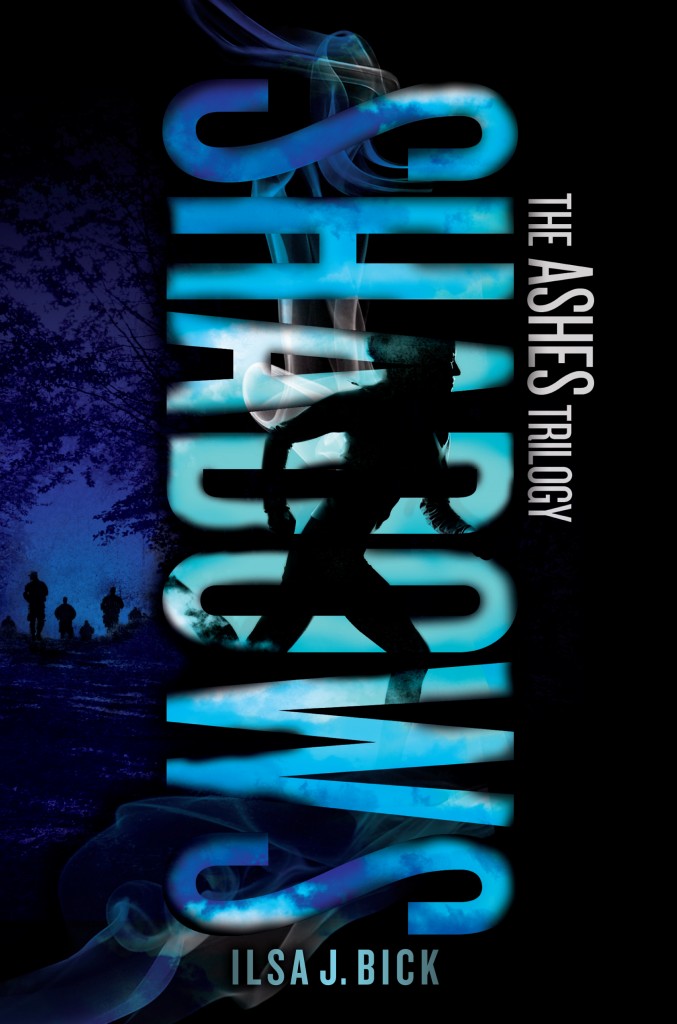


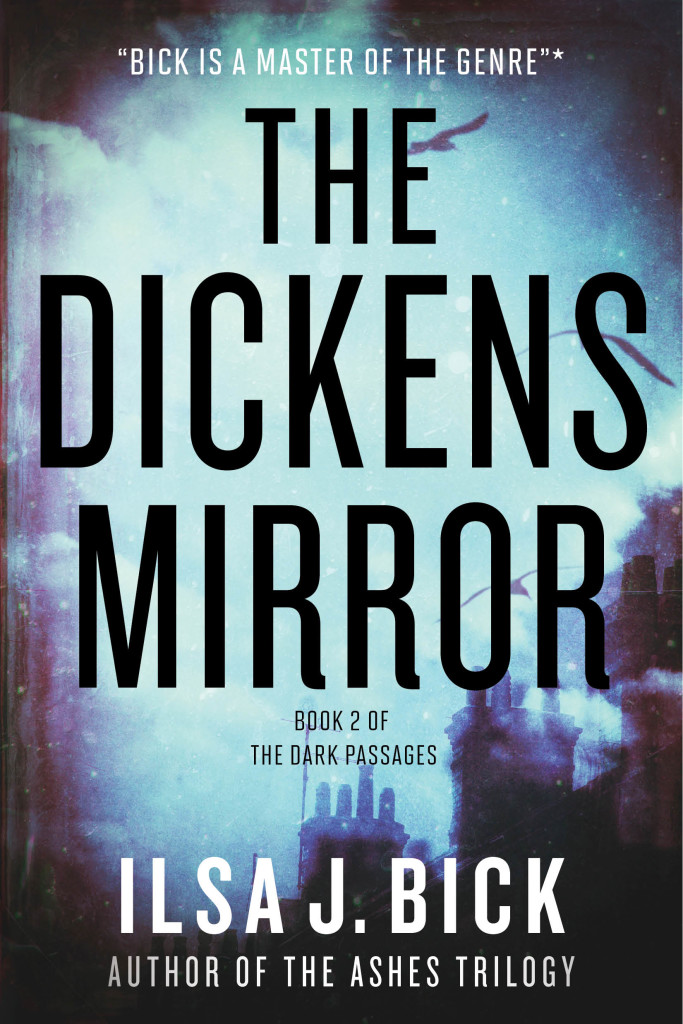
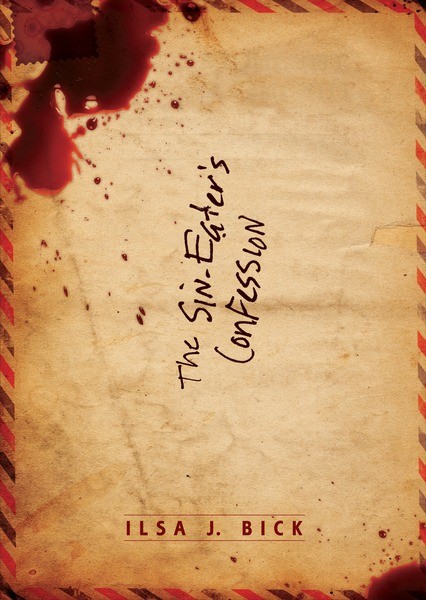
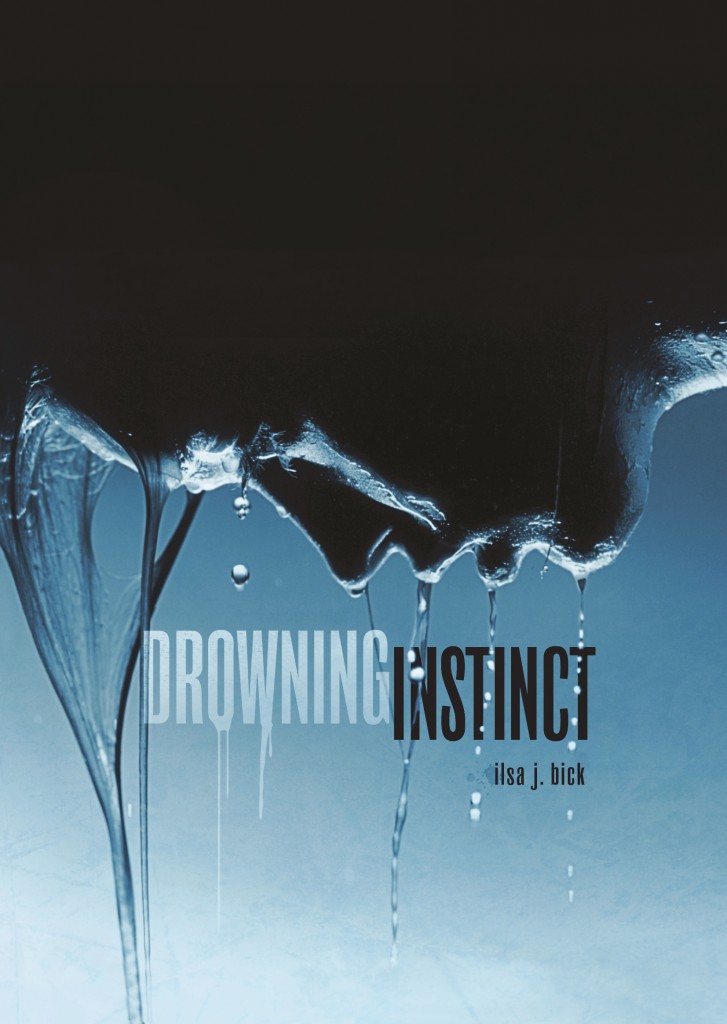
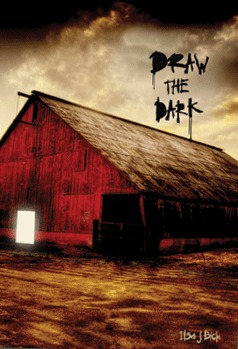



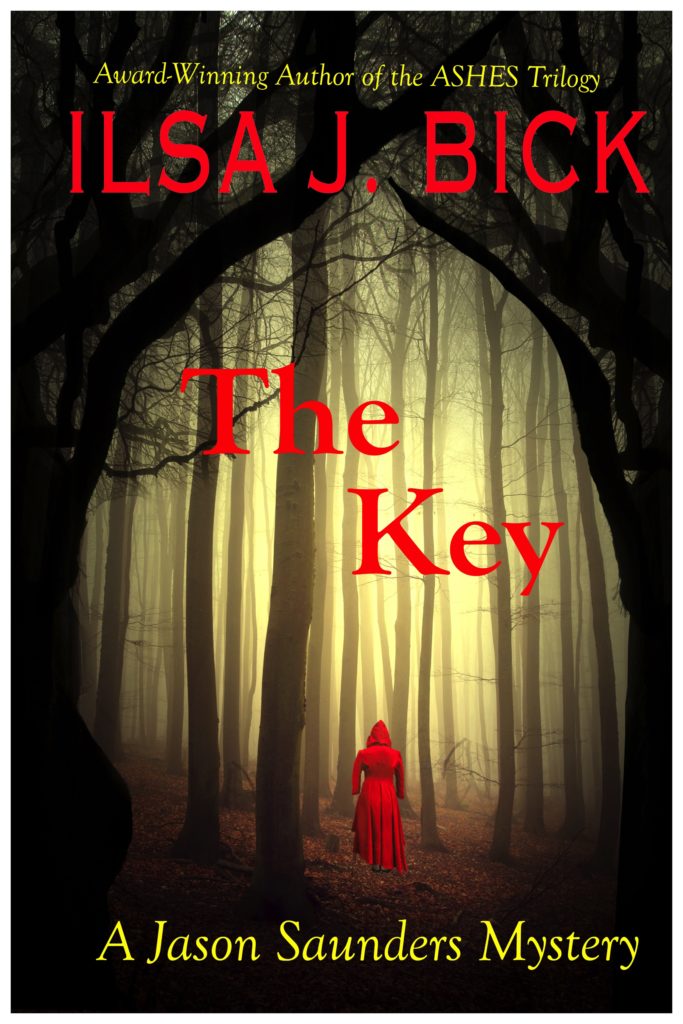
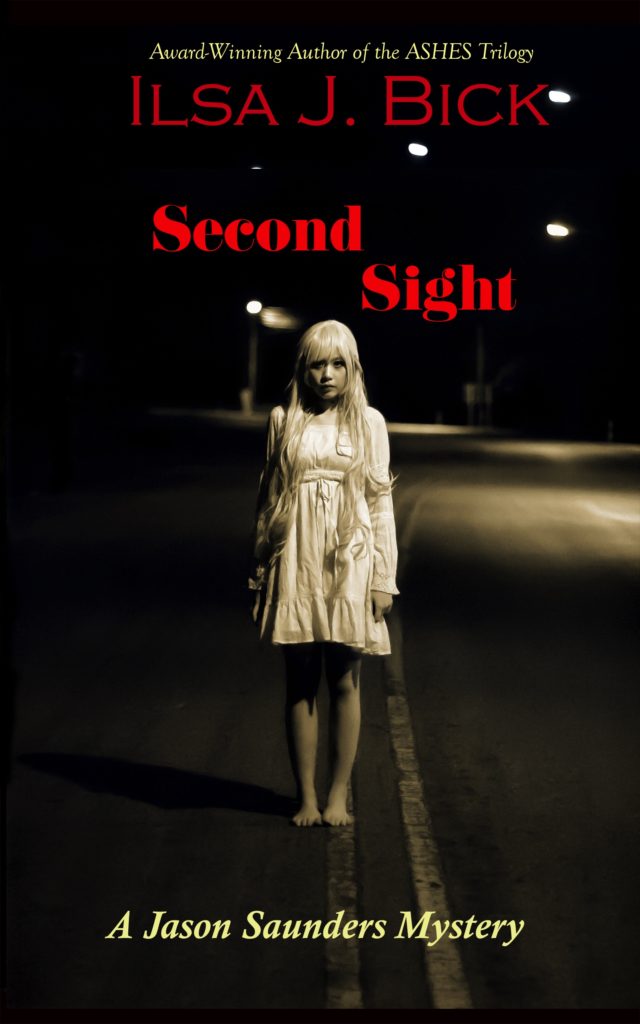
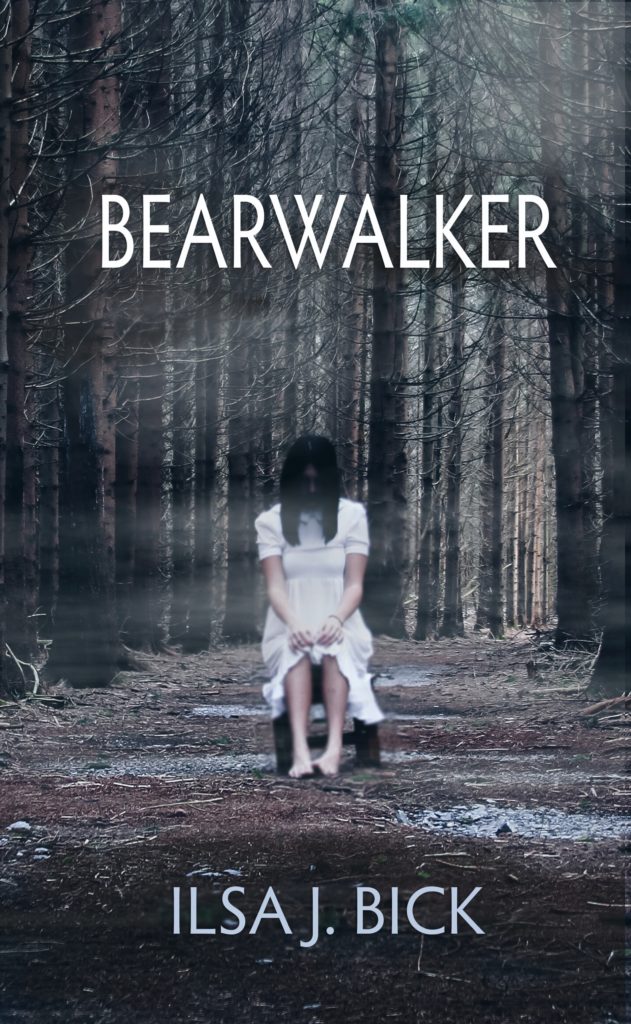
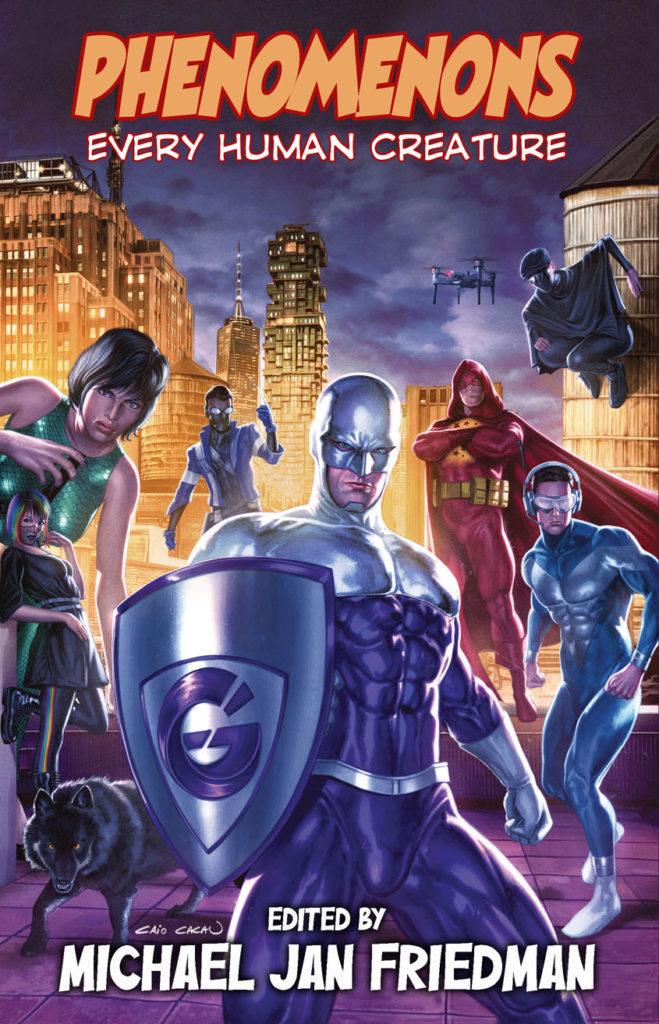
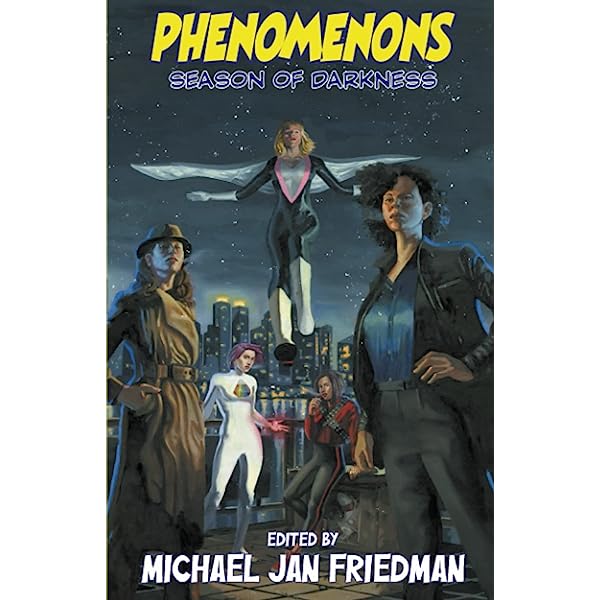




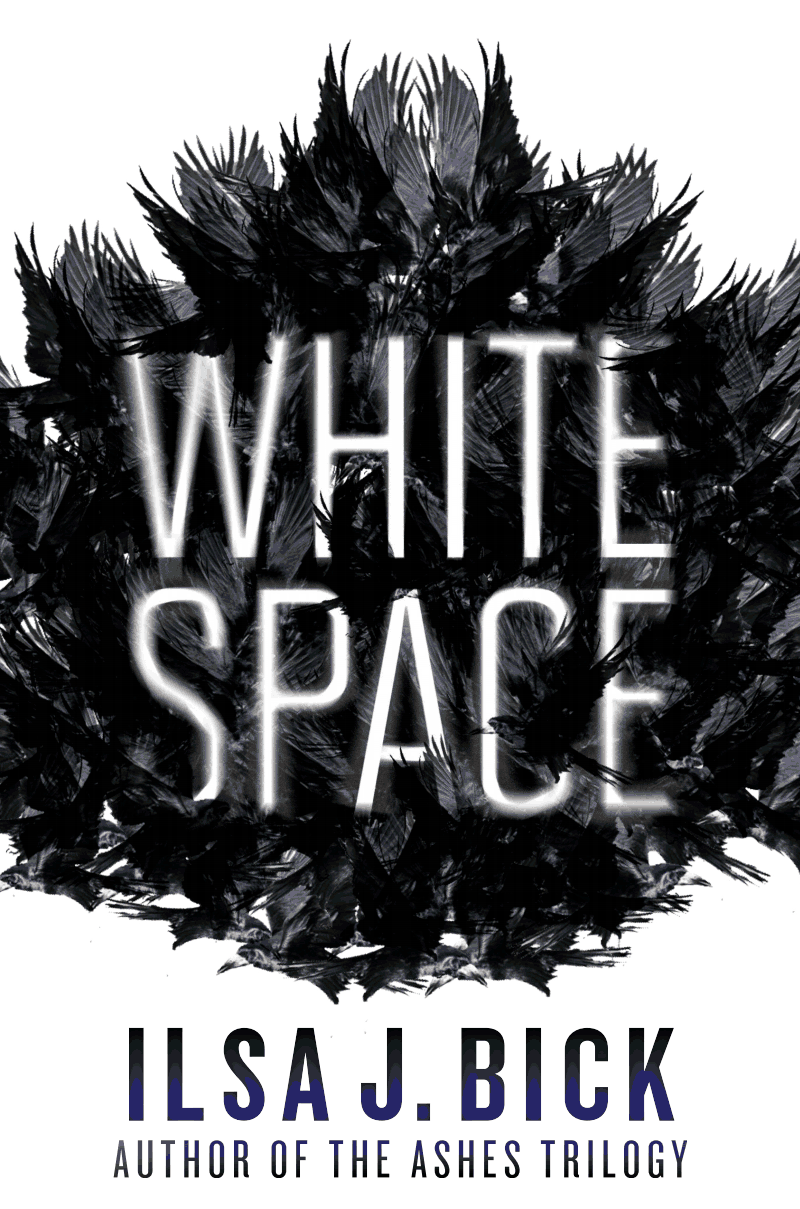
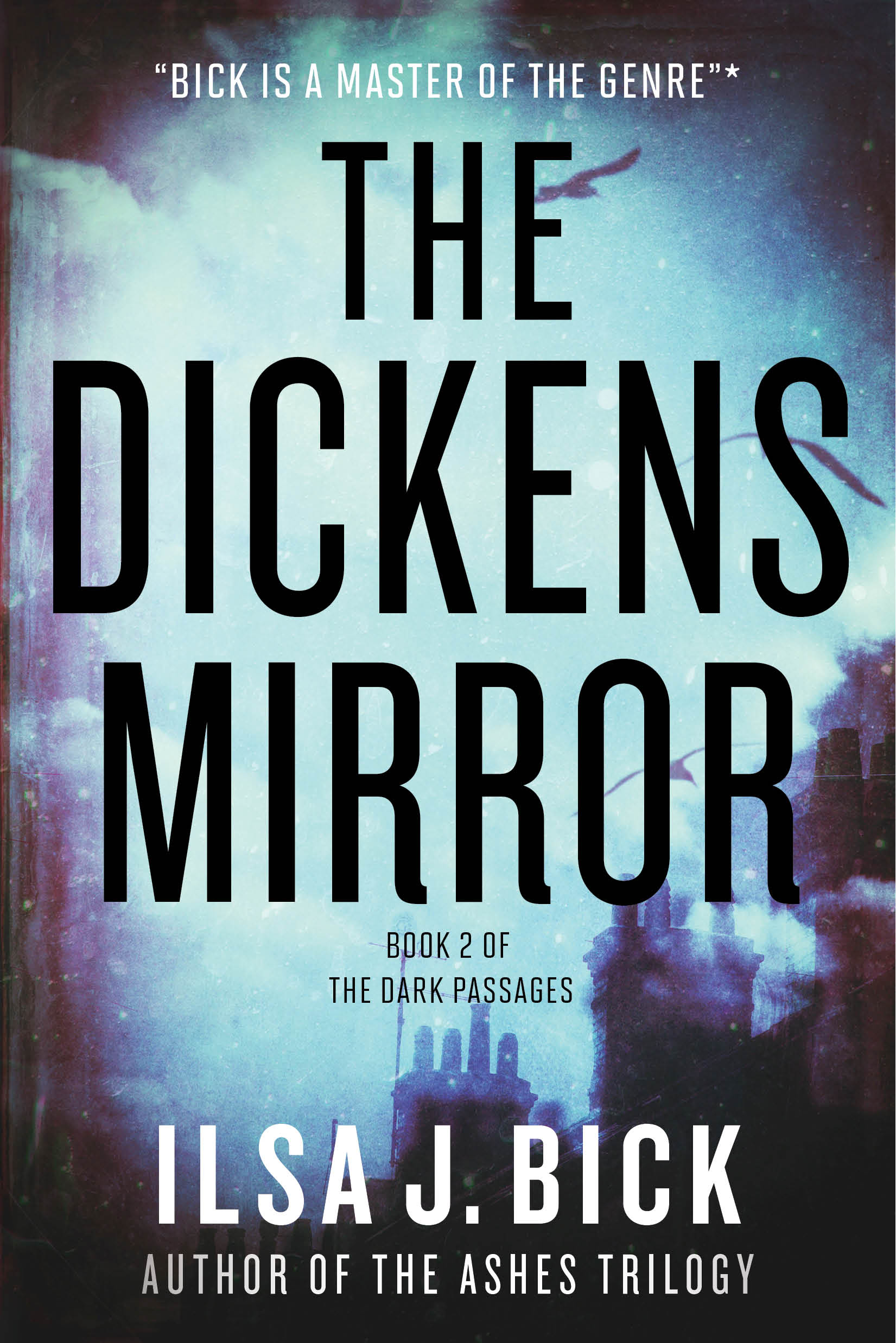

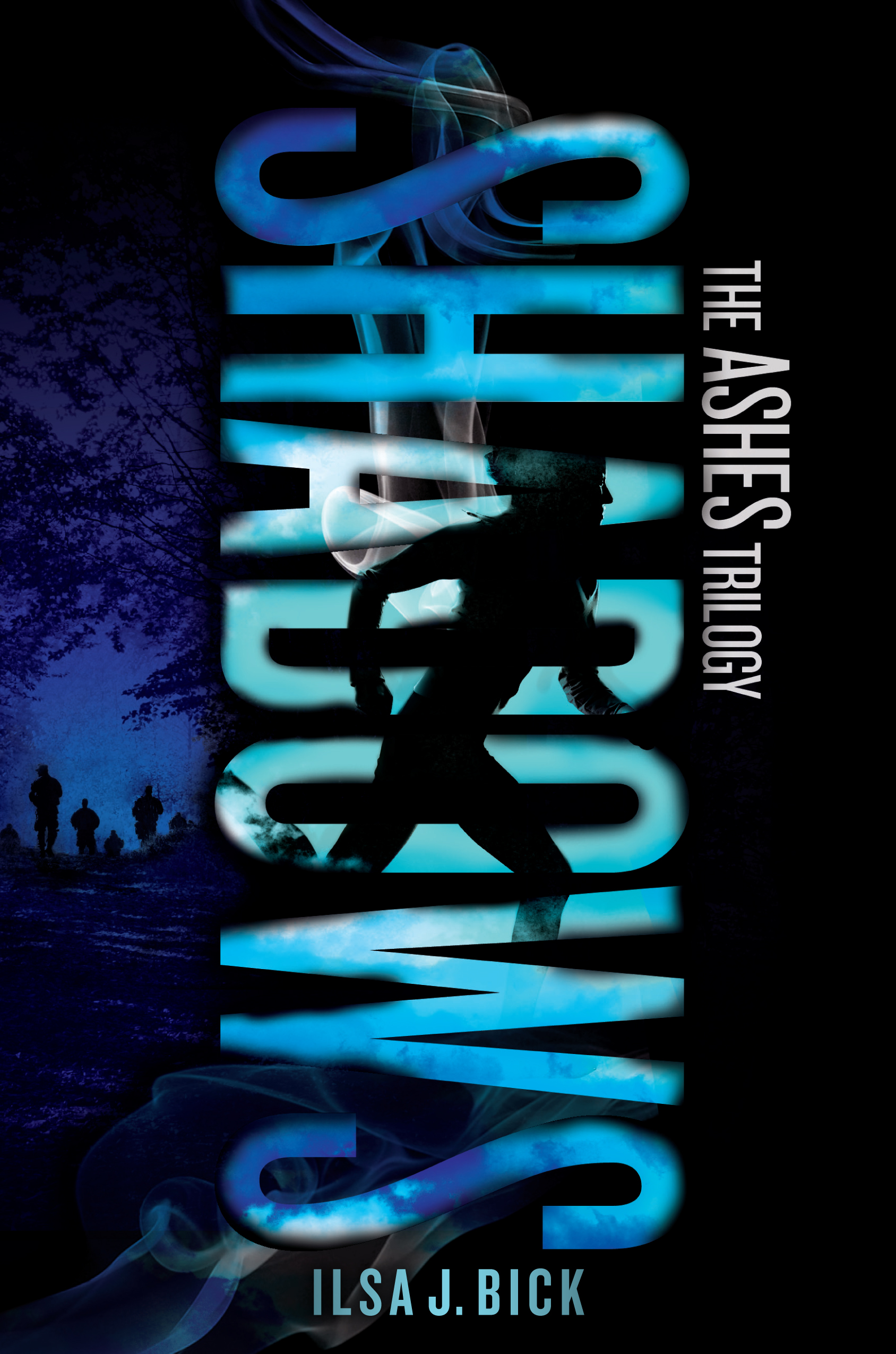
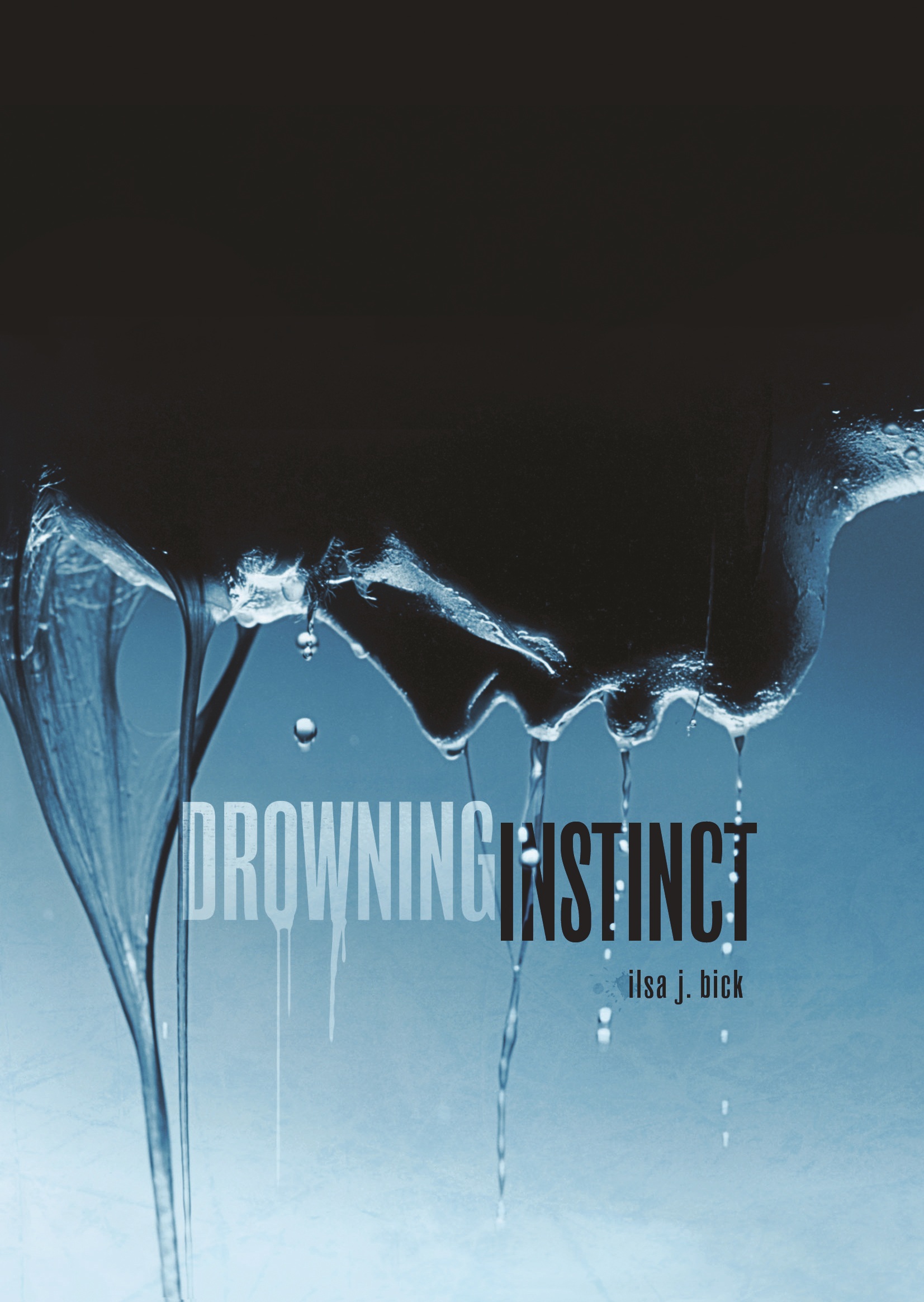

Very interesting – and a topic that has been on my mind lately. I have resisted being assimilated into the social networking collective. I’m not on Facebook or Twitter, however, I do belong to a couple of forums. To answer whether my use goes up when I’m frustrated – absolutely. Does it help? It does help to write out my frustrations or vent about a bad day at work, but sometimes it’s just the act of writing it out that helps me focus and put things into perspective. That said, it can also help if someone is out there to give a different perspective, or just to agree or argue or discuss or whatever. Are we lonelier? We’re all more connected than we have ever been before, but it seems that the connection is frequently lacking in substance. Friendship has become a casual concept. A lot of that is echoing what you said – but as I said, writing stuff out is how I put things into perspective. I could go on and on, but to wrap it up, I think social networking can be a good thing. The level of obsession that a lot of people have with it is not such a good thing.
Boy, do I agree about friendship becoming very casual. I wonder if younger people feel that way, though? The ones caught in the cauldron of high school, for example, I’ll bet they feel just as keenly. Whether they’re more self-involved than they already are is an interesting question, though. Diary-keeping and intense self-focus is or has been de rigeur for the age group, so I see Facebook kind of stepping in there. Given how foaming angry kids can get (and vicious) on Facebook, I don’t know if it’s as casual as dropping by, leaving, nothing ventured.
OTOH, I also think that forums are different because these are people who are either invited or join because of a common interest. You just can’t form anything very CLOSE in 160 characters (or Facebook, for that matter). But if you’re on a list, presumably you might know some of these folks (I do on the few I’m on, for example). Having said that, I don’t contribute much at all or read them; I simply don’t have time and it’s been my experience that the smaller the turf, the larger the battles. It’s like any group, though, and if you understand group dynamics, you know who the top dogs are and who shouldn’t be challenged. So is that friendship? Probably not. It’s just a place to vent.
Social networking is fine if you understand its place and keep it in perspective. But it’s the person staring back at you who should have your attention. They care enough to actually be there. 🙂
The is-anybody-out-there anxiousness applies to writing in general too, especially when just starting out. You have to manage the conflict between desperately wanting to know what the public thinks of your work, and being terrified that they won’t like it. You’re untested, and your hopes are so high but expectations are so low. But like social media, it probably never gets better! Forever hitting the refresh button to see what the critics say.
Oh, Jackie: too true. I once wasted HOURS reading the same comments over and over again–and then got all mopey because it was clear that I wasn’t beloved quite enough. Of course, I also conveniently skated right over this reality: if your work’s in print, the editor loved it, and so did his/her boss. Which is saying something, you know?